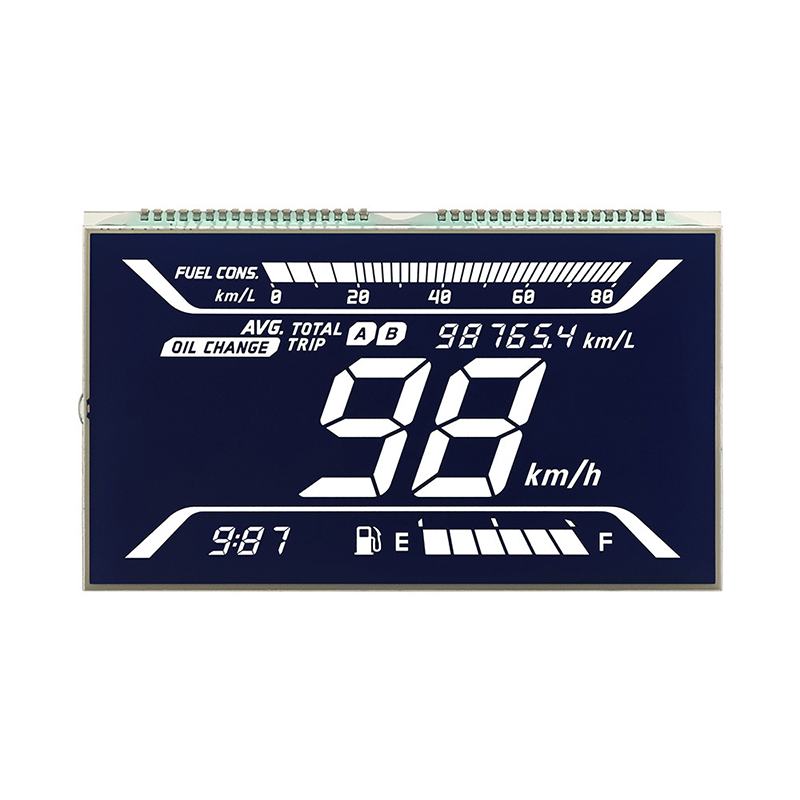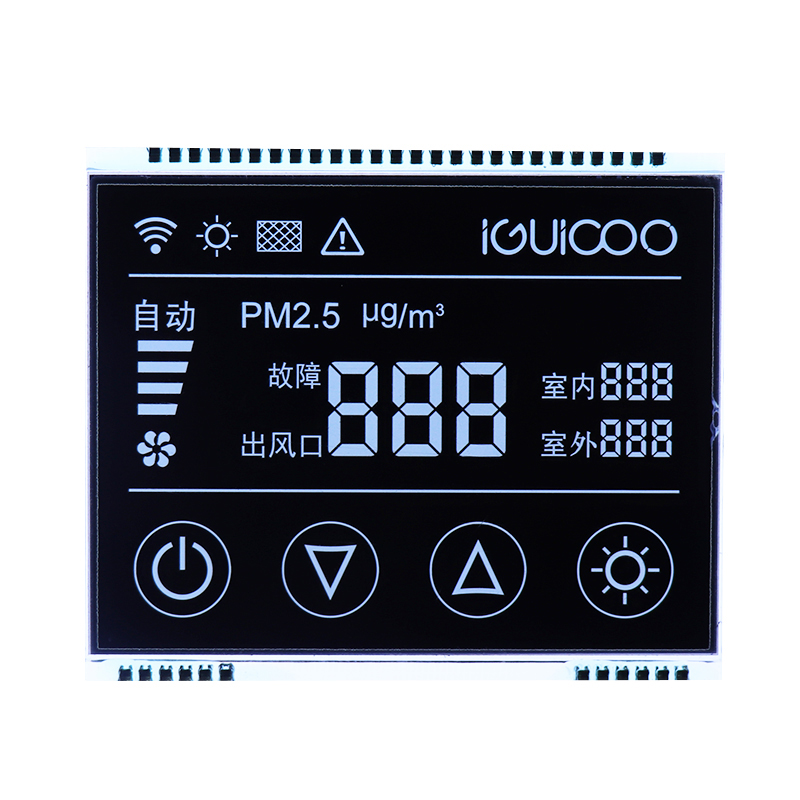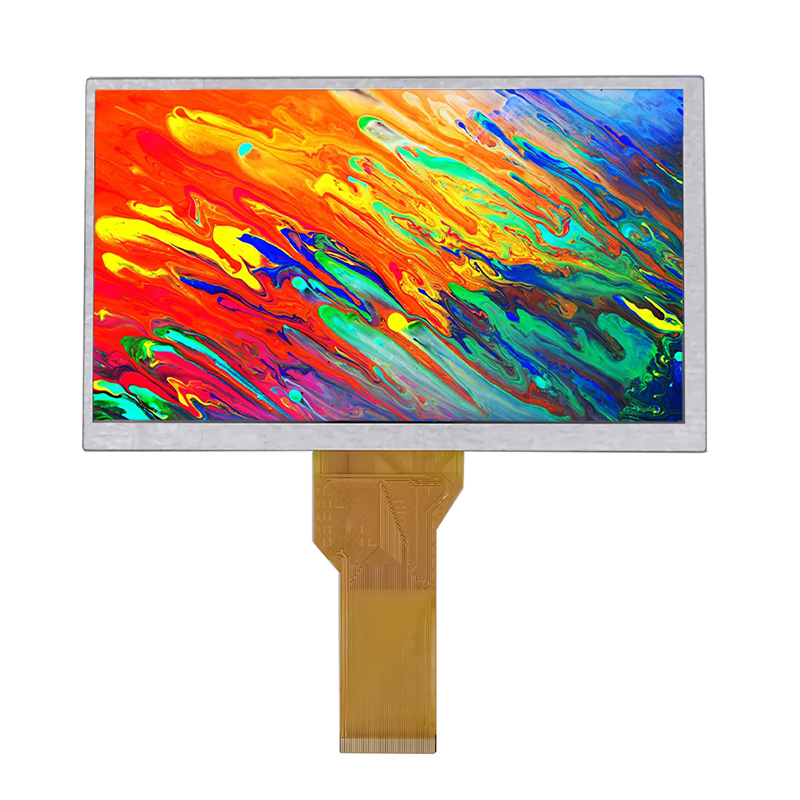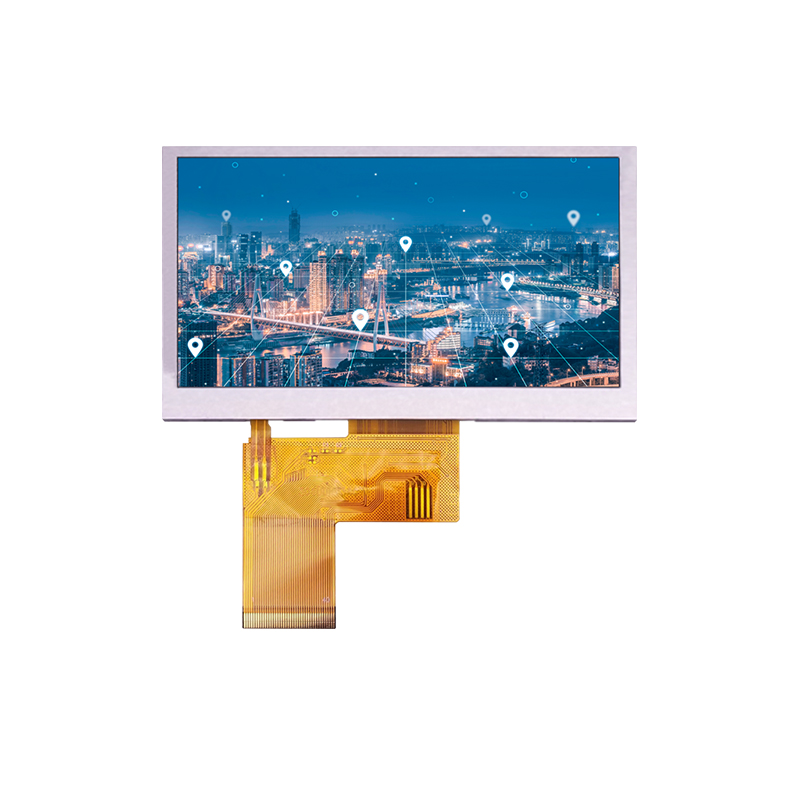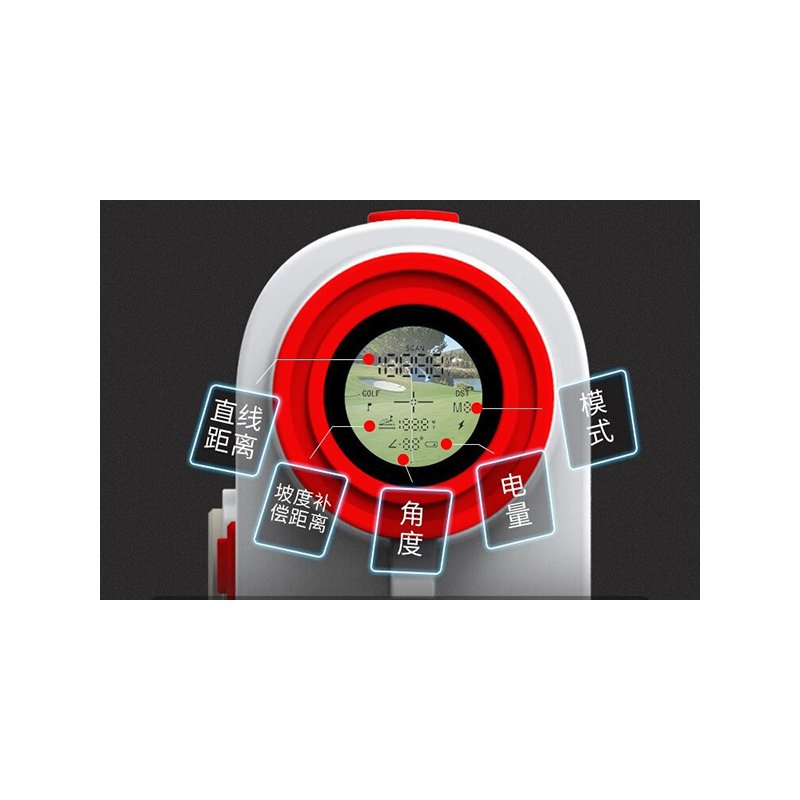
Best 1.44 TFT Display: A Comprehensive GuideThis guide provides an in-depth look at the best 1.44 TFT displays available, covering key features, specifications, and applications to help you choose the right one for your needs. We'll explore different display types, resolutions, and considerations for selecting the perfect 1.44 TFT display for your project.
A 1.44 TFT display, or Thin Film Transistor display, is a type of liquid crystal display (LCD) technology known for its sharp images and vibrant colors. The small size makes it ideal for various applications, from wearable electronics to industrial controls. Key features to consider when choosing a 1.44 TFT display include resolution, viewing angle, brightness, and contrast ratio. Higher resolutions like 128x128 or even higher offer greater detail, while wider viewing angles ensure readability from various positions. Brightness and contrast determine the clarity and visibility in different lighting conditions.
Resolution, measured in pixels (e.g., 128x128, 160x128), directly impacts image clarity. Higher pixel density translates to sharper images and more detail. For a 1.44 TFT display, a higher resolution is generally preferable, depending on the specific application. For example, a higher resolution might be necessary for applications requiring text display, while lower resolutions might suffice for simple graphical interfaces.
The viewing angle refers to the range of angles from which the display can be viewed without significant color distortion or loss of contrast. A wider viewing angle makes the 1.44 TFT display more versatile, particularly for applications where the viewing angle may vary.
Brightness (measured in cd/m2) determines the screen's luminance, essential for visibility in various lighting conditions. Higher brightness is beneficial in outdoor or brightly lit environments. Contrast ratio, the difference between the brightest white and darkest black, impacts image depth and clarity. A higher contrast ratio results in more vibrant and detailed images.
Different 1.44 TFT displays utilize various interfaces, including SPI, I2C, and parallel interfaces. Compatibility with your microcontroller or system is crucial. Check the datasheet of the specific display for compatibility information.
Power consumption is a significant factor, especially for battery-powered devices. Lower power consumption allows for longer battery life. Always check the datasheet for power consumption specifications.
The market offers various 1.44 TFT displays from different manufacturers. It's crucial to research and compare specifications before selecting one for your project. Consider factors like resolution, viewing angle, power consumption, and interface compatibility.
While this article cannot provide an exhaustive list of every available display, a quick search on online retailers or manufacturer websites (like Dalian Eastern Display Co., Ltd.) will reveal many options. Remember to thoroughly examine datasheets before making a purchase to ensure compatibility and functionality.
The best 1.44 TFT display depends heavily on your specific application. Consider the factors discussed above and prioritize features based on your project requirements. For instance, a high-resolution display might be ideal for displaying intricate graphics, while a display with a wide viewing angle might be preferable for a device used in multiple orientations.




